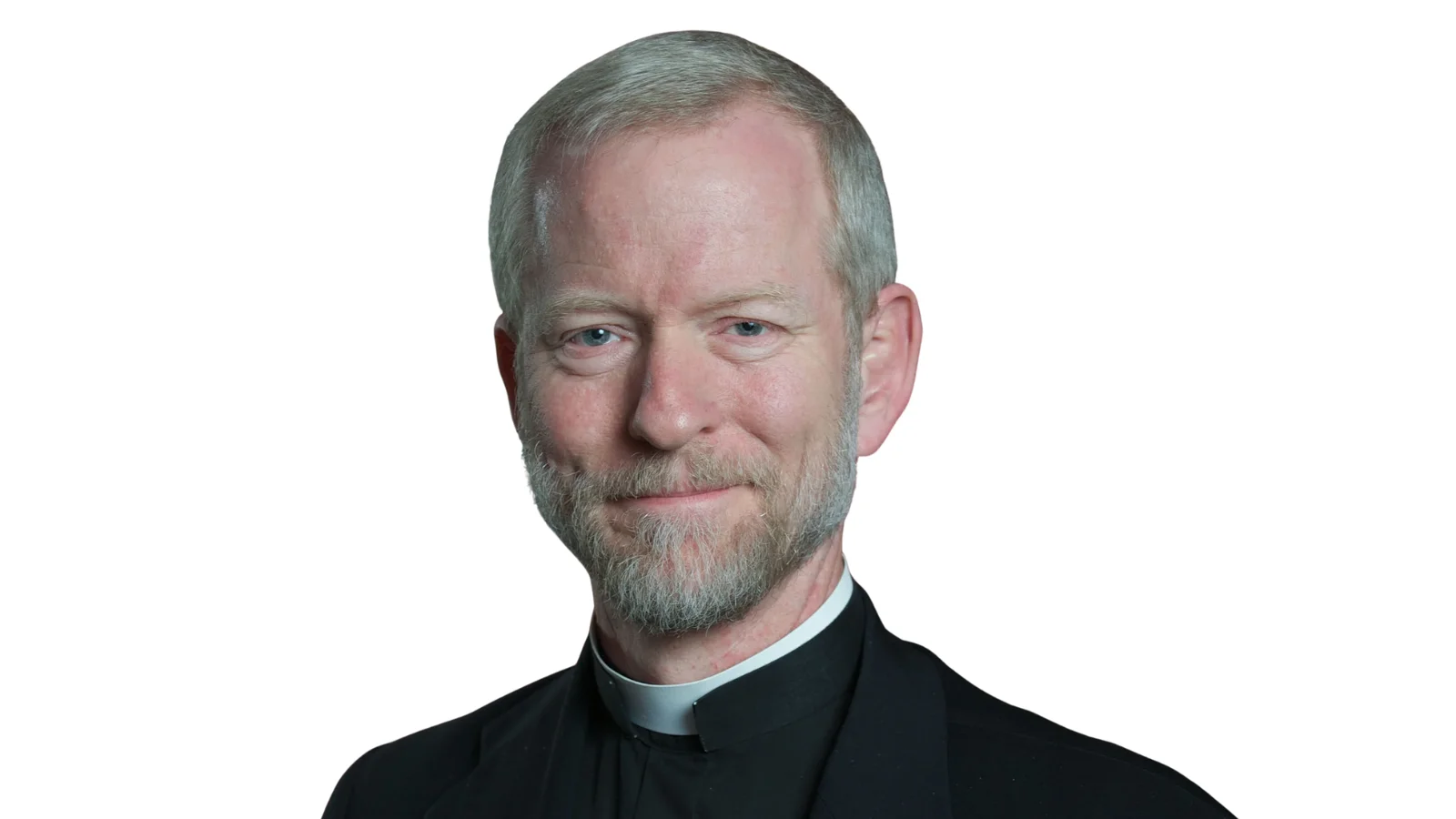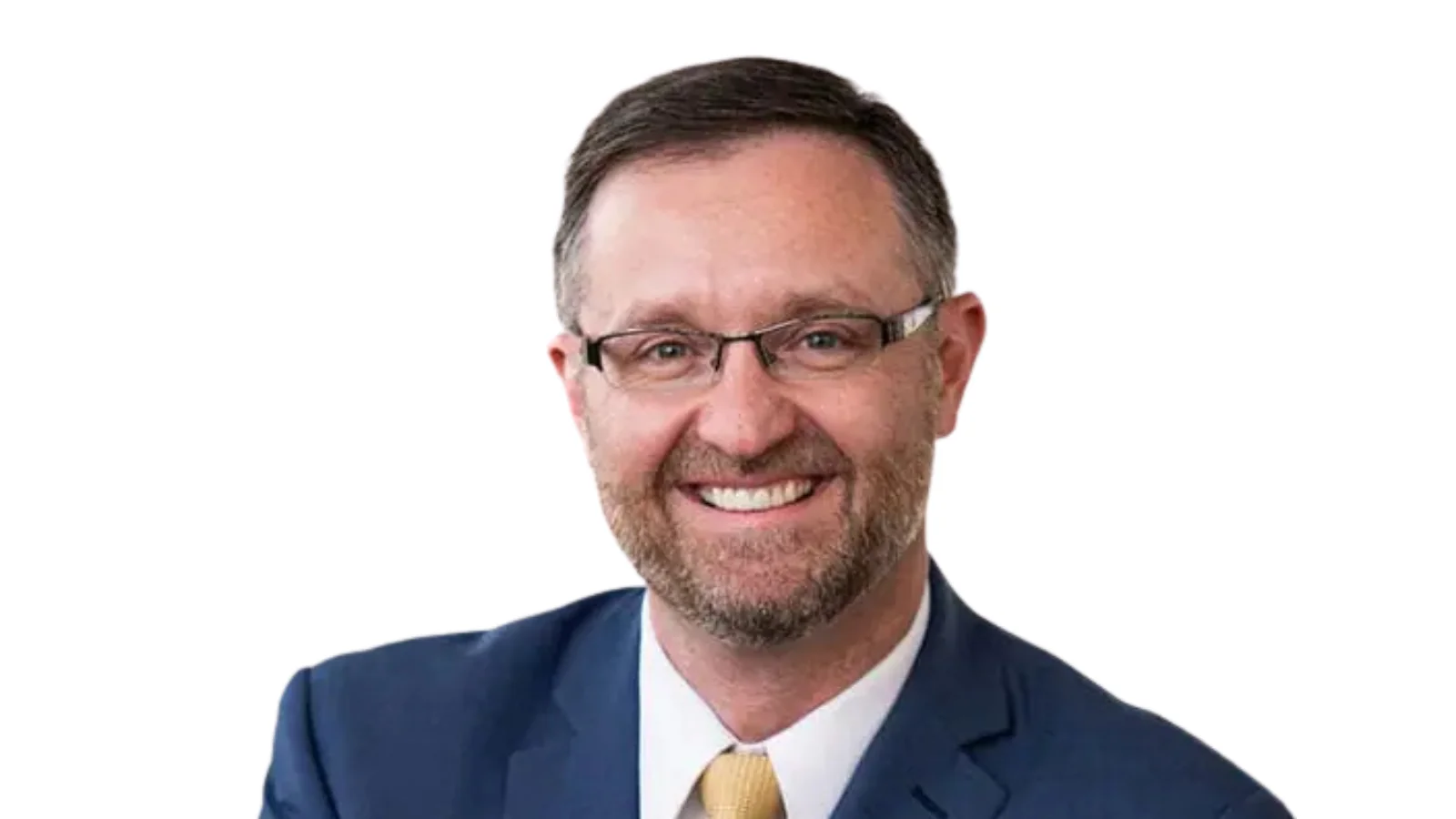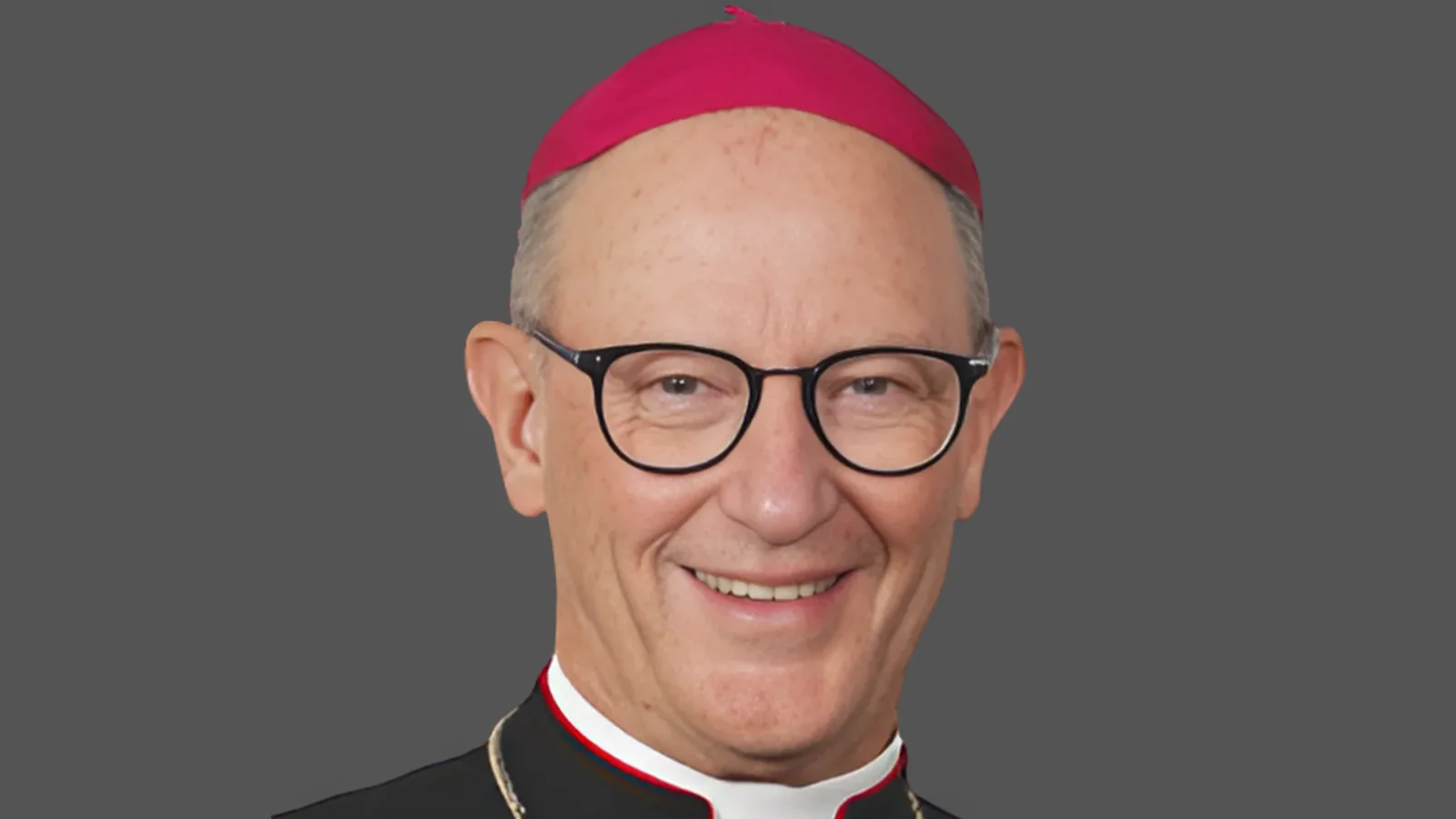
Father Tadeusz Pacholczyk | Wikipedia
In recent years, legislative bodies have faced increasing pressure to grant legal immunity to medical professionals involved in practices such as physician-assisted suicide, anonymous abortion pill prescriptions, and in-vitro fertilization procedures. These laws are designed to shield healthcare providers from prosecution or civil liability when participating in actions that some consider ethically controversial.
One example is Colorado's 2016 “End of Life Options Act,” which states: “No person shall be subjected to civil or criminal liability or professional disciplinary action solely for participating in good faith in the death with dignity process or for any other action taken in good faith compliance with this article” (§25-48-119).
Critics argue that writing a prescription for a lethal dose of medication contradicts the medical profession’s commitment to healing and saving lives. They claim it disrupts the trust between doctor and patient and constitutes an abuse of authority. Some view exemptions from malpractice principles as providing unwarranted legal cover for what they describe as patient abandonment.
St. Pope John Paul II addressed this trend in his encyclical Evangelium Vitae (On the Gift of Life), stating:
“The fact that legislation in many countries, perhaps even departing from basic principles of their Constitutions, has determined not to punish these practices against life, and even to make them altogether legal, is both a disturbing symptom and a significant cause of grave moral decline. Choices once unanimously considered criminal and rejected by the common moral sense are gradually becoming socially acceptable. Even certain sectors of the medical profession, which by its calling is directed to the defense and care of human life, are increasingly willing to carry out these acts against the person. In this way the very nature of the medical profession is distorted and contradicted, and the dignity of those who practice it is degraded.”
Another area under scrutiny involves recent measures like one signed by California Governor Gavin Newsom that permits doctors to prescribe abortion pills anonymously. Under this law, physicians’ identities remain confidential except through subpoena within California. Pharmacists may also omit their names—and those of patients and prescribers—from medication labels.
Opponents contend such policies remove necessary oversight between patients and healthcare providers. They argue that safe administration of pharmaceuticals requires thorough supervision involving direct interaction with patients—through testing, interviews, or exams—which they believe anonymous prescribing undermines.
The debate extends further into reproductive medicine. In 2024, Alabama enacted legislation protecting IVF providers and patients from liability concerning harm or death involving embryos during fertility treatments. This law grants broad indemnity regarding possible malpractice related to embryonic loss or damage.
Those critical of these carve-outs question why such protections exist when traditional malpractice laws aim to defend vulnerable parties harmed by medical errors. They emphasize heightened vigilance at life’s beginning and end stages rather than reduced accountability.
Father Tadeusz Pacholczyk, Ph.D., who serves as Senior Ethicist at The National Catholic Bioethics Center in Philadelphia, commented on broader implications:
“As a society, we cannot overlook or grant a pass to those who systematically campaign for the legalization of corrosive medical practices like physician-assisted suicide, abortion, and the production, freezing, and destruction of embryonic human beings. Seeking to provide legal cover for medical personnel in the form of ‘immunity from prosecution’ inflicts a serious wound on medicine, society, and culture, especially when those efforts are spearheaded...by political leaders, lawmakers and public policy experts ‘who ought to be society’s promoters and defenders.’”
Father Pacholczyk holds a doctorate in neuroscience from Yale University with post-doctoral work at Harvard University; he is also a priest serving the Diocese of Fall River.





 Alerts Sign-up
Alerts Sign-up